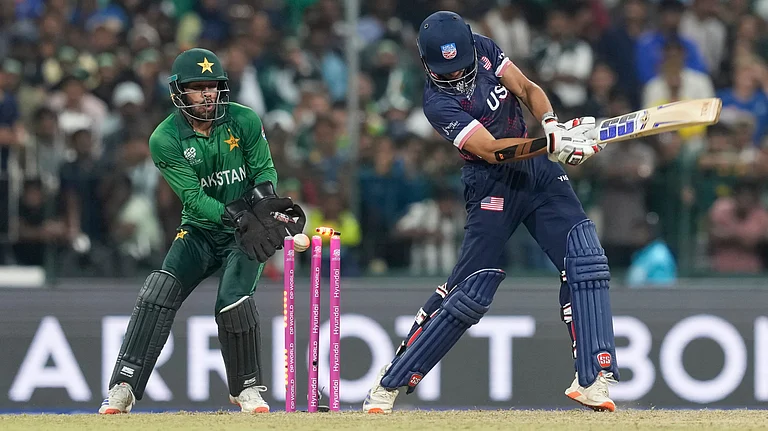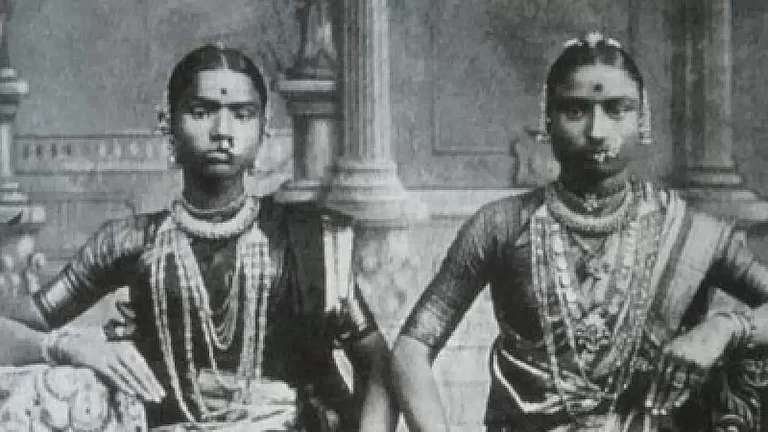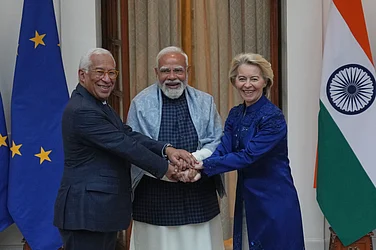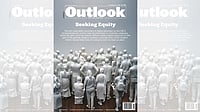Senior BJP leader Uma Bharti has said that she has not quit politics and that she would contest the next election.
The former Madhya Pradesh chief minister said she only took a five-year break as she had been working for a long time.
"I had refused to contest the election (last time) as I had been working for a long time. I thought of taking a break for five years. People thought that I left politics, but I am tired of saying that I have not quit politics," she was quoted by PTI.
Citing several development works, including the Ken-Betwa river interlinking project and the Lalitpur-Singrauli rail line, Bharti said that these projects became a reality as she was in politics, the report said.
"Whether I turn 75 or 85, I will remain active in politics and contest the next election. I like politics very much," the Bharatiya Janata Party (BJP) leader said, the report mentioned.
She said that politics has been ruined by those who consider it as a source of luxury, it added.
Assembly polls in Madhya Pradesh are due in November this year, while the Lok Sabha elections are scheduled next year.
Bharti had last contested the Lok Sabha election from Jhansi (Uttar Pradesh) in 2014 and after winning it, became a Union minister in Narendra Modi-led BJP government at the Centre.
Earlier this month, Bharti, the former Chief Minister of Madhya Pradesh, had expressed her displeasure for not being invited to the BJP's 'Jan Ashirwad Yatra' launched by party president J P Nadda on September 3.
In the past, Bharti also ran a campaign demanding a stringent liquor policy in the state and hurled stones at a couple of liquor shops as a mark of protest.
The former Union minister also staged protests at various liquor shops in Bhopal, Orchha and Chhindwara during the course of this protest. She also stayed in a temple to protest demanding amendments in the liquor policy.
In the last week of August, Chief Minister Shivraj Singh Chouhan inducted Bharti's nephew Rahul Singh Lodhi, MLA from Khargapur (Tikamgarh district), into his cabinet as a minister of state during its expansion.


























